Does Whey Protein Cause Acne? How To Prevent It
A few simple ways to prevent whey protein from wreaking havoc on your skin.
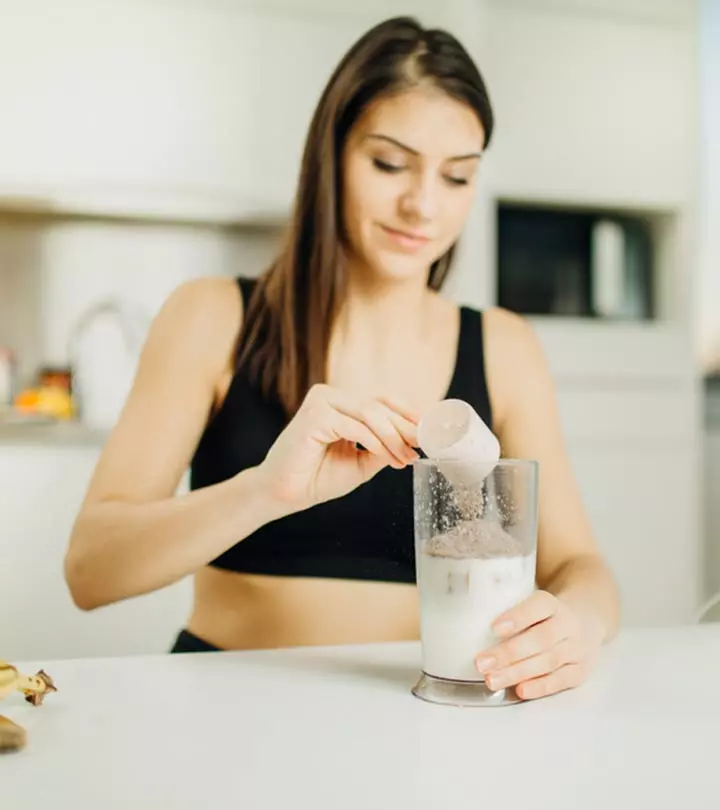
Image: Shutterstock
Whey protein supplements are one of the best sources of essential nutrients for fitness enthusiasts. They improve muscle protein synthesis to boost the growth of lean muscles and help with effective weight management (1). However, many believe it causes acne. But does whey protein cause acne? Some studies show a possible connection between acne and whey protein. Read on to explore how whey protein may increase acne issues and how to manage it.
In This Article
Whey Protein: Does It Really Cause Acne?
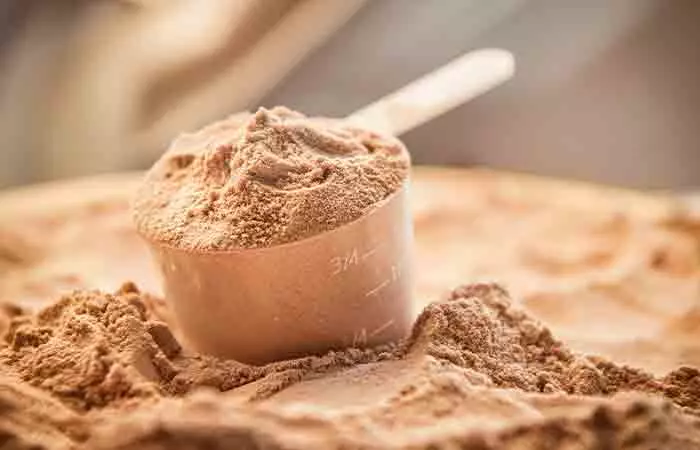
Yes. Whey protein may cause acne as it is derived from milk (along with casein) and forms as a by-product of the cheese-making process. There are many foods that cause acne, like dairy. Dairy intake is linked to acne (2). Several studies have found a possible link between the two:
- A study involving teenage athletes found that whey protein triggered acne lesions in them, and they diminished once the drink was discontinued (3). However, further studies are required to determine the exact mechanism.
- In another study, researchers observed that whey protein could enhance insulin levels or insulin-like growth factor 1 (IGF-1) and aggravate acne in healthy men (4).
- In a study involving 30 patients, researchers found that females were prone to develop acne after taking whey protein. They also concluded that whey protein could trigger acne in people with no active lesions and no family history of acne (5).
A survey was conducted of 11,000 participants with 2826 in the acne group and 3853 in the control group from ages 15 to 39. It was found that 11% of the people in the first group consumed whey proteins in the last 12 months, compared to 7.3% in the second group.
Hannah Esch, a YouTuber and fitness coach, explained her decision to transition from whey protein to vegan protein due to concerns about potential links between whey protein isolate and acne. She shared that her dermatologist had recommended discontinuing whey protein consumption. She says, “The whole reason that I swapped from whey protein to vegan protein is because there are links between whey protein isolate and my dermatologist recommended that I don’t drink whey protein anymore (i).”
While there may be many whey protein benefits, you cannot deny there is a link between this supplement and acne. While further studies are required to determine the exact mechanism and link between both, it is clear that whey protein aggravates and triggers acne. Let’s explore the possible reasons and mechanisms in the next section.
Key Takeaways
- Regular intake of whey protein produces IGF 1(insulin-like growth factor), triggering acne.
- As whey protein causes insulin like growth factor, women having hormonal changes and disbalance or polycystic ovarian disease or syndrome should avoid it.
- Adding skimmed milk to the protein shake doubles the risk of pimples and acne.
- Showering immediately after exercising, reducing the frequency of whey intake, avoiding high glycemic index foods can help manage acne effectively.
How Whey Protein May Trigger Acne: The Mechanism
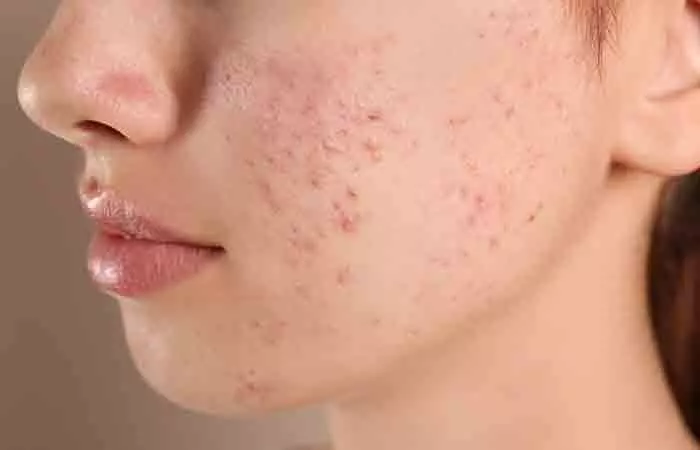
One of the side effects of whey proteins is acne outburst. Dairy products (including whey protein) spike up blood sugar levels and produce insulin and insulin-like growth factor (IGF-1) in your body. IGF-1 is the factor that is thought to accelerate muscle growth and trigger acne. Milk has a low glycemic index (GI), but it also triggers the release of comedogenic hormones like progesterone, estrogen, androgen precursors, and 5-alpha-reductase steroids. This hormone imbalance increases excess sebum production, abnormal keratinization, and bacterial proliferation, causing acne (5), (6), (7). Mary Sabat, MS, RD, LD, says, “Consuming too much protein can increase the production of hormones, such as testosterone, which can lead to hormonal acne in some people. Also, animal protein, if not organic, may contain hormones that get into your system and cause skin issues.”
Most of us consume whey protein either with our food, smoothies, or water. The ingredients you add to your protein powder also make a difference. Scroll down to know more!
Ingredients To Avoid In Your Protein Shakes
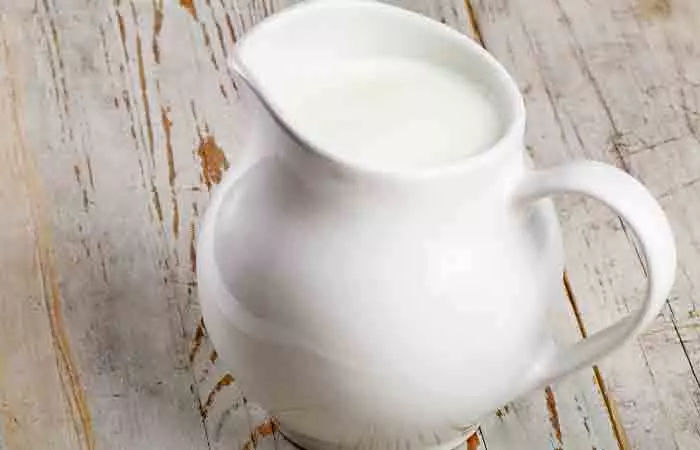
What you mix in your protein shake may also play a key role in acne. Adding milk, especially skim milk, may double the risk of acne.
Manufacturers often add whey protein to skim milk to maintain its consistency. Moreover, compared to regular and full-fat milk, skim milk increases the risk of comedogenesis (formation of comedones due to clogged pores) (8), (9). Hence, avoid preparing your protein shakes with skimmed milk.
It is best to avoid any foods that may trigger acne. However, it may not always be possible if you are into athletics. Here are a few ways to prevent and manage breakouts caused by whey proteins.
How To Prevent Acne Breakouts Caused By Whey Protein
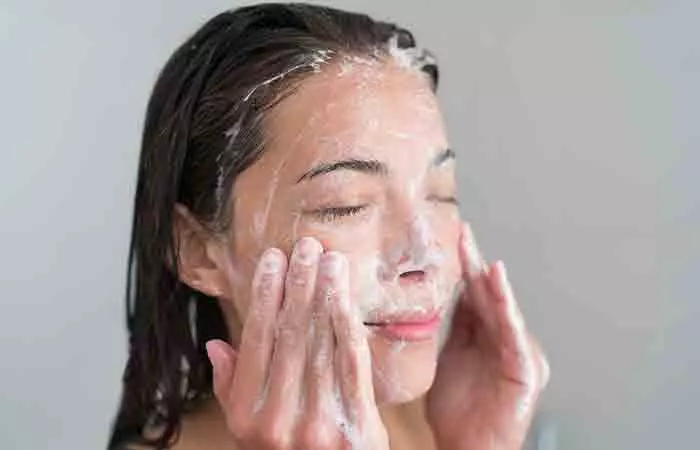
- Avoid wearing tight clothing during any form of exercise. It may cause accumulation of sweat and sebum, leading to acne.
- Shower immediately post-workout. Avoid using dirty towels and clothes to prevent bacterial growth and dirt accumulation in the skin pores.
- Reduce the intake of whey protein. You may reduce the quantity or frequency and check how it is working. If there is no improvement, stop consuming it and look for alternatives.
- Use a medicated acne treatment (like benzoyl peroxide or salicylic acid) to reduce inflammation. Talk to a dermatologist for product suggestions.
- Use a non-comedogenic cleanser, preferably with salicylic acid, to unclog the pores.
- If you have acne-prone skin, avoid consuming foods with a high glycemic index (GI) like sugar, processed food, and carbohydrates. Also, drink plenty of water to stay hydrated.
Along with these tips, a few simple lifestyle changes can work wonders for your skin. Eating a balanced diet full of fruits and veggies, managing stress, and staying hydrated can all help prevent breakouts. Small steps like these will leave your skin glowing in no time! Keep up the excellent work, and your skin will thank you.
 Quick Tip
Quick TipYou may check out vegan proteins instead of whey protein. Here are a few alternatives you may try to minimize the acne lesions without affecting your muscle-building goals.
Whey Protein Alternatives
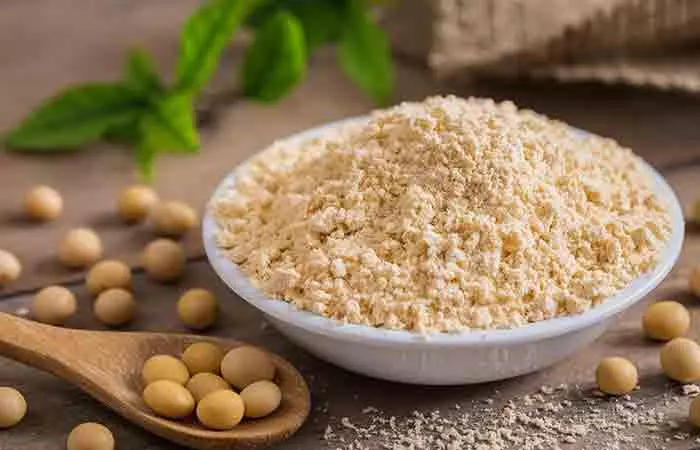
The best alternatives for whey protein include:
- Pea protein powder – Derived from yellow peas and rich in essential amino acids.
- Soy protein powder – Made from soybeans and a complete protein, containing all nine essential amino acids.
- Egg white protein powder – Made by drying and pulverizing egg whites and low in fat and carbohydrates, making it ideal for low-carb diets.
- Brown rice protein powder – Derived from whole brown rice grains and easily digestible and hypoallergenic.
- Hemp protein powder – A plant-based protein source containing all essential amino acids along with fiber, magnesium, and omega-3 fatty acids.
- Collagen protein – Sourced from animal connective tissues, often bovine or marine sources.
- Pumpkin seed protein – Made from roasted, hulled pumpkin seeds, offering essential amino acids and minerals.
- Bone broth protein – Derived from simmered animal bones and provides essential amino acids, collagen, and minerals.
Other than these protein powders, nuts, lentils, and oily fish are good protein sources. Sabat adds, “It is best to follow a balanced diet and speak to a doctor or dietitian to determine the appropriate amount of protein for an individual’s needs. All animal protein, including whey, should be organic from grass-fed animals.”
Acne may also be a side effect of protein supplements. Plant-based protein powders are easier to digest than whey protein and carry an abundance of nutrition too. However, before buying, check the product to ensure they contain minimally processed ingredients.
 Quick Tip
Quick TipInfographic: Tips To Prevent Acne Breakouts Caused By Whey Protein
Whey protein is popular among fitness fiends and weightlifting enthusiasts. But, consumption of excess whey protein may trigger a series of internal events that may result in an eruption of acne across your face and hinder skin health. While this event may be uncommon, it is not unheard of. Check out the infographic below to learn more about the steps you can take and tips you need to keep in mind to prevent acne related to the consumption of whey protein.

Illustration: StyleCraze Design Team
Whey protein is derived from milk and is one of the best sources of essential nutrients, making it one of top supplements for bodybuilding enthusiasts. However, it may cause acne and skin irritation as it can enhance insulin levels. Therefore, to prevent acne breakouts caused by whey protein, avoid consuming it. As preventive measures, you may also avoid wearing tight clothes, change your clothes as soon as you return from a workout, consult a doctor for acne treatment, use a non-comedogenic cleanser, avoid foods with a high glycemic index, and always keep yourself hydrated. You may also try the alternatives suggested in the article to compensate for the protein levels in your body to still meet your muscle building targets.
Frequently Asked Questions
How long does whey protein acne take to go away?
Whey protein acne takes approximately 2 -3 months to clear out completely. However, the time period varies from person to person.
Is whey protein good for the skin?
Yes, whey protein is good for the skin. Its amino acids and collagen help maintain skin elasticity and firmness.
Is it safe to take whey protein every day?
Yes, whey protein is safe for daily consumption for most people. However, limiting the quantity to 1-2 scoops is generally advised.
Illustration: Does Whey Protein Cause Acne? How To Prevent It

Image: Stable Diffusion/StyleCraze Design Team
Unveil the truth behind protein powder and acne with this eye-opening video. Click on it to explore the potential connection and make informed choices for your skin health and fitness journey.
Personal Experience: Source
StyleCraze's articles are interwoven with authentic personal narratives that provide depth and resonance to our content. Below are the sources of the personal accounts referenced in this article.
i. Does Whey Protein Cause Acne | My Favourite Hip Opening Exercises | Training VLOGhttps://www.youtube.com/watch?v=w-u1jAcpTrY
References
Articles on StyleCraze are backed by verified information from peer-reviewed and academic research papers, reputed organizations, research institutions, and medical associations to ensure accuracy and relevance. Read our editorial policy to learn more.
- Emerging trends in nutraceutical applications of whey protein and its derivatives
https://www.ncbi.nlm.nih.gov/pmc/articles/PMC4744604/ - Dairy Intake and Acne Vulgaris: A Systematic Review and Meta-Analysis of 78,529 Children, Adolescents, and Young Adults
https://www.ncbi.nlm.nih.gov/pmc/articles/PMC6115795/ - Whey protein precipitating moderate to severe acne flares in 5 teenaged athletes
https://pubmed.ncbi.nlm.nih.gov/22988649/ - Acne and whey protein supplementation among bodybuilders
https://pubmed.ncbi.nlm.nih.gov/23257731/ - Incidence of acne vulgaris in young adult users of protein-calorie supplements in the city of João Pessoa–PB
https://pubmed.ncbi.nlm.nih.gov/24474098/ - Evidence for acne-promoting effects of milk and other insulinotropic dairy products
https://pubmed.ncbi.nlm.nih.gov/21335995/ - Acne located on the trunk, whey protein supplementation: Is there any association?
https://www.ncbi.nlm.nih.gov/pmc/articles/PMC5350548/ - Significance of diet in treated and untreated acne vulgaris
https://www.ncbi.nlm.nih.gov/pmc/articles/PMC4884775/ - Dairy intake and acne development: A meta-analysis of observational studies
https://pubmed.ncbi.nlm.nih.gov/29778512/
Read full bio of Dr. Seepika Jaiswal
- Mary Sabat, MS, RDN, LD, is a registered dietitian and a certified in personal training by the American Council of Exercise. She has 30 years of experience in nutrition education, wellness coaching, fitness training, holistic health, and weight loss coaching. She obtained her bachelor's degree in Dietetics and Nutrition from the University of Delaware and master’s degree in Human Nutrition with an emphasis on Exercise Science from Rutgers University.
 Mary Sabat, MS, RDN, LD, is a registered dietitian and a certified in personal training by the American Council of Exercise. She has 30 years of experience in nutrition education, wellness coaching, fitness training, holistic health, and weight loss coaching. She obtained her bachelor's degree in Dietetics and Nutrition from the University of Delaware and master’s degree in Human Nutrition with an emphasis on Exercise Science from Rutgers University.
Mary Sabat, MS, RDN, LD, is a registered dietitian and a certified in personal training by the American Council of Exercise. She has 30 years of experience in nutrition education, wellness coaching, fitness training, holistic health, and weight loss coaching. She obtained her bachelor's degree in Dietetics and Nutrition from the University of Delaware and master’s degree in Human Nutrition with an emphasis on Exercise Science from Rutgers University.
Read full bio of Arshiya Syeda
Read full bio of Ramona Sinha
Read full bio of Swathi E






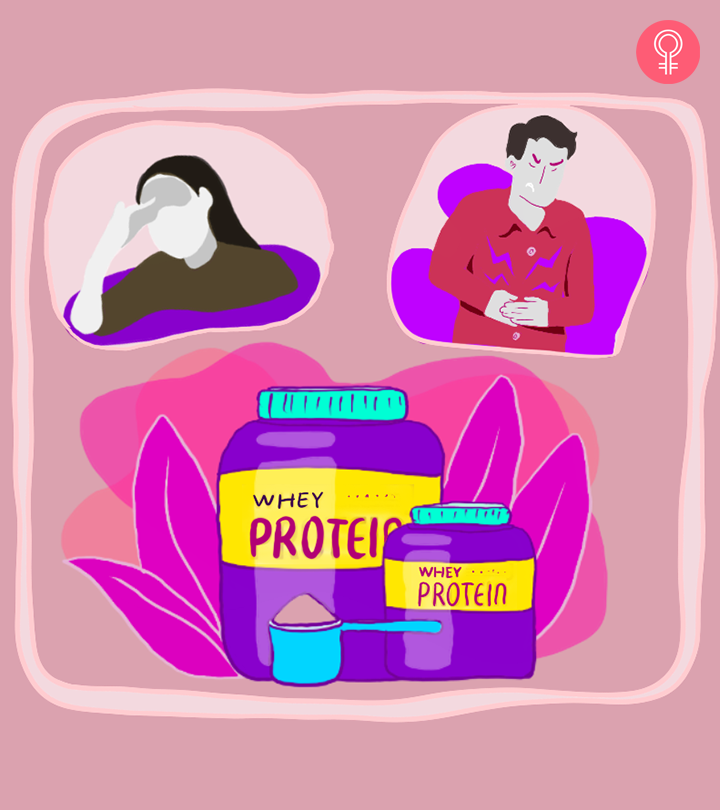
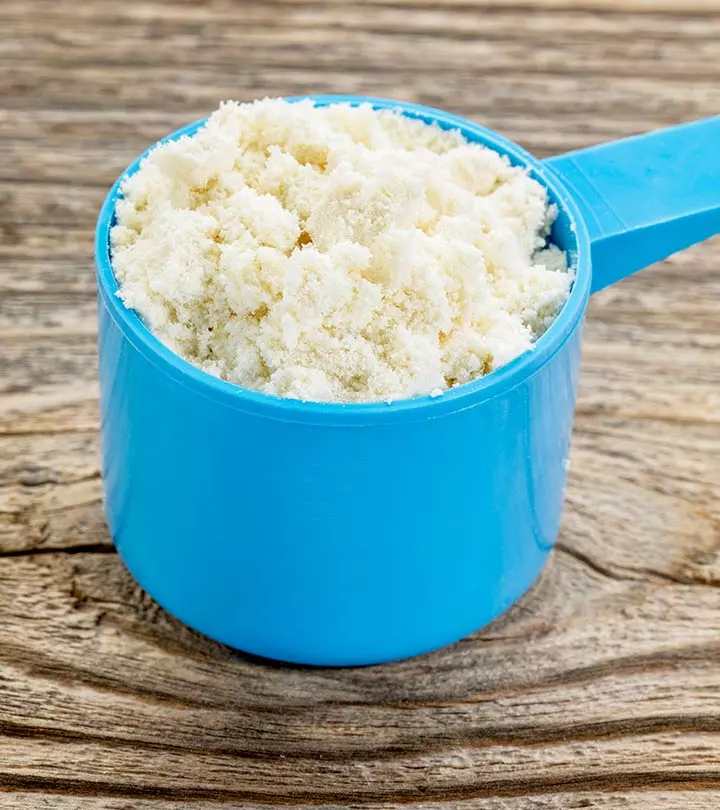
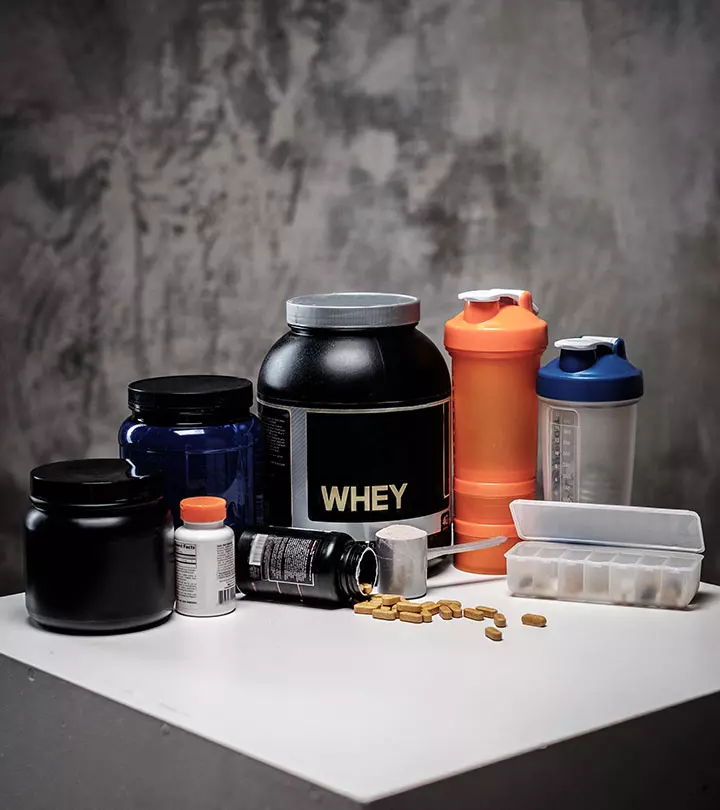
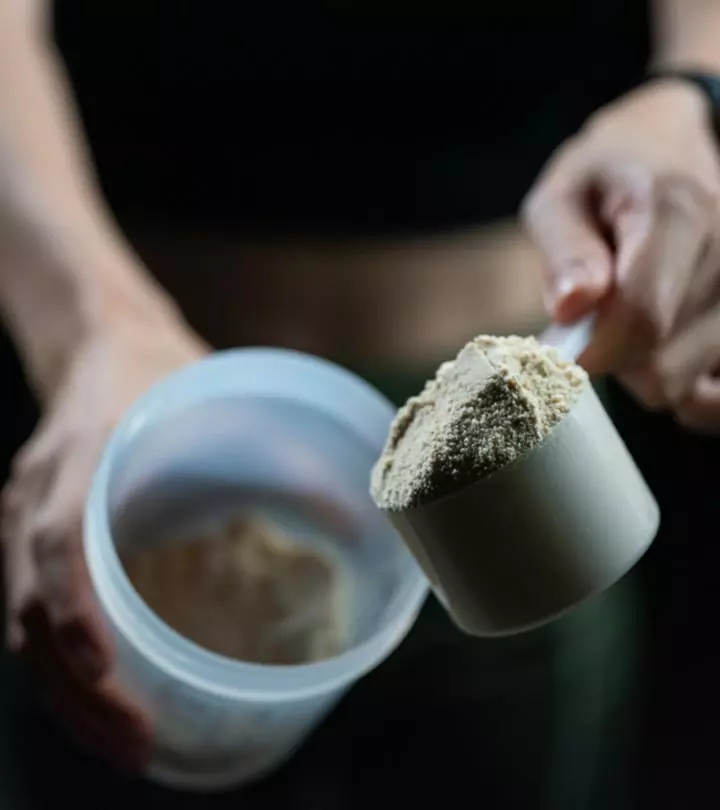
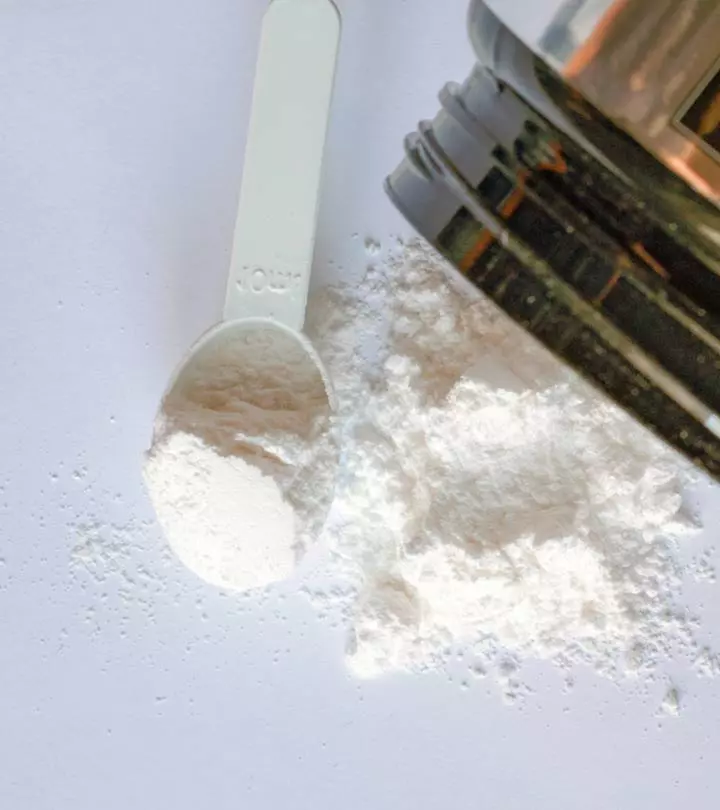

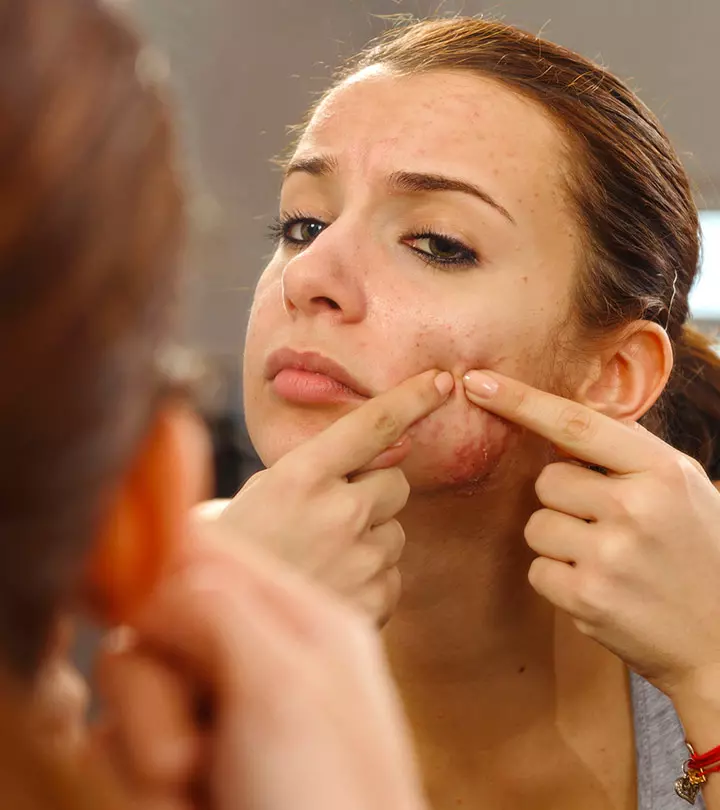
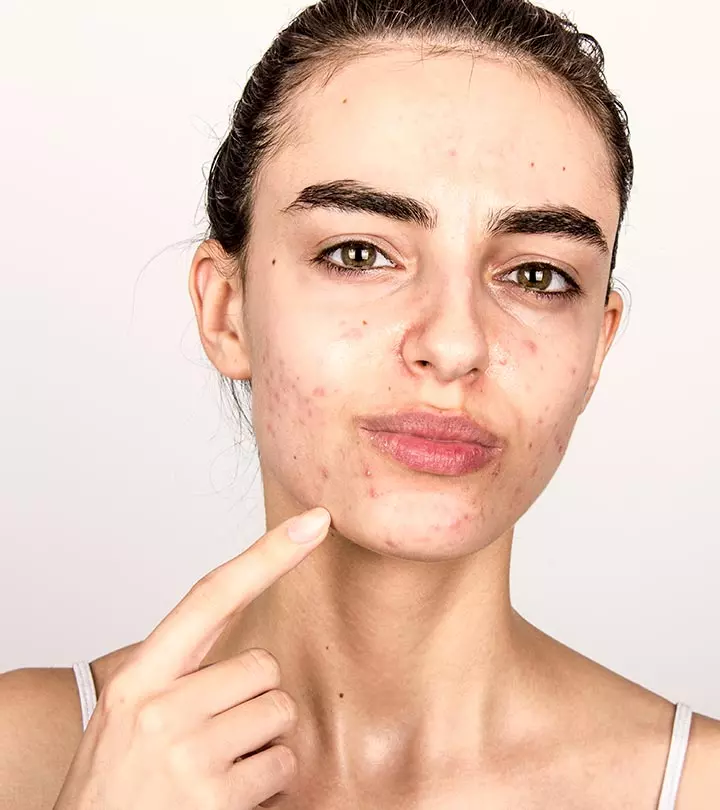
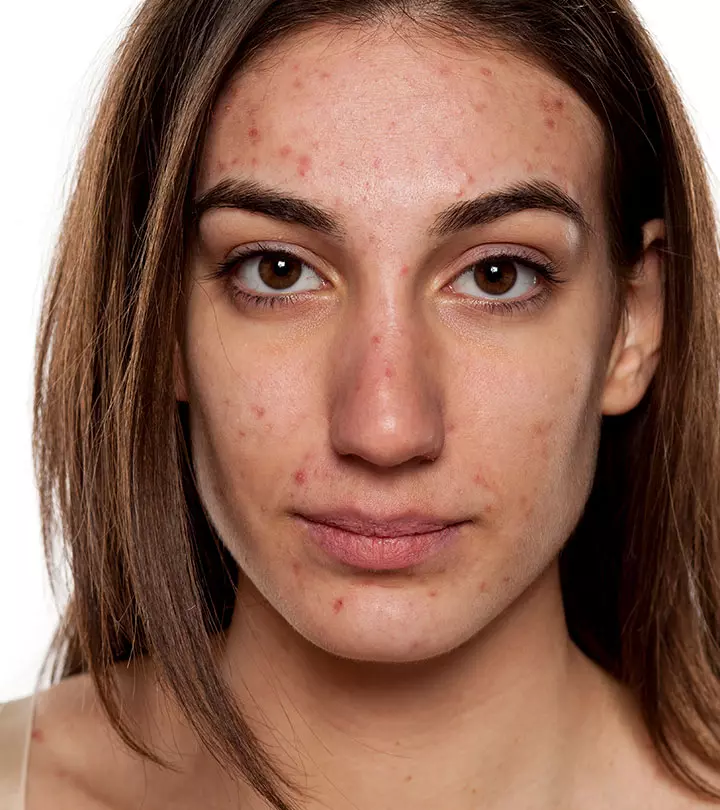
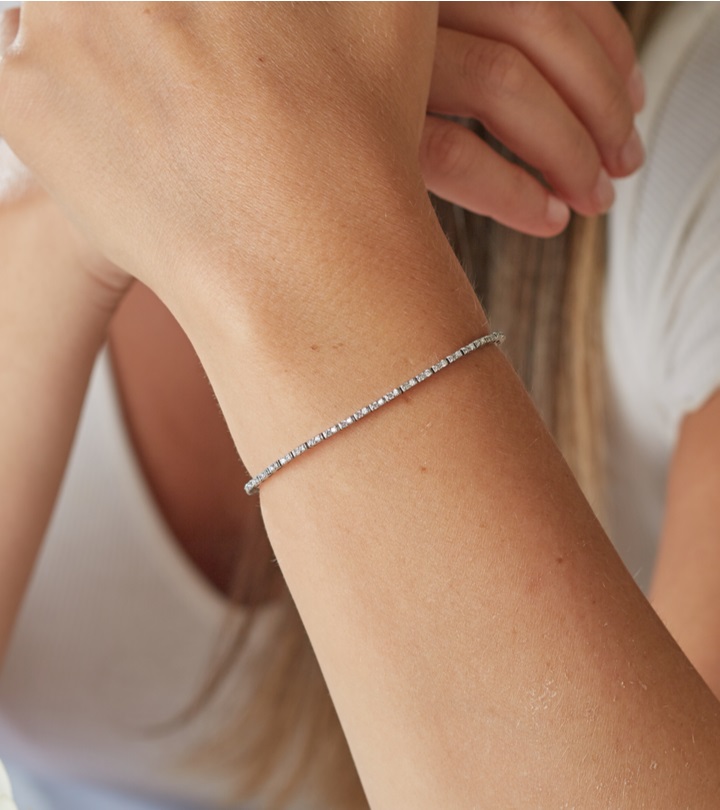
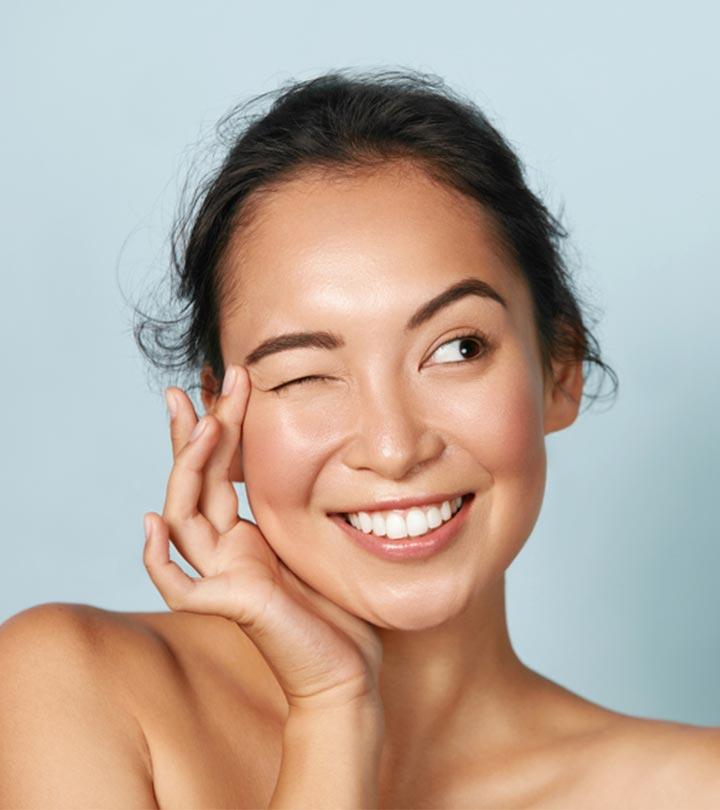
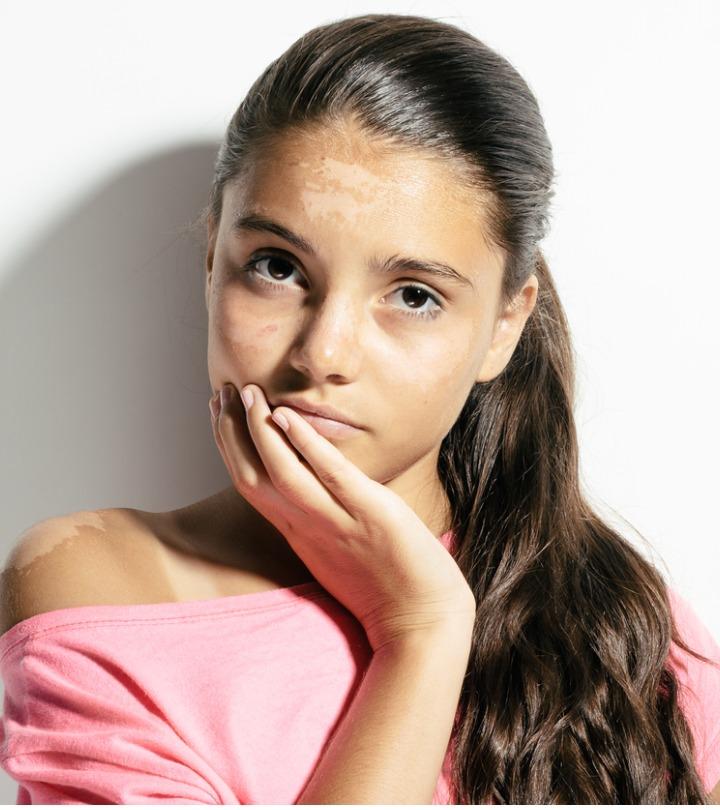
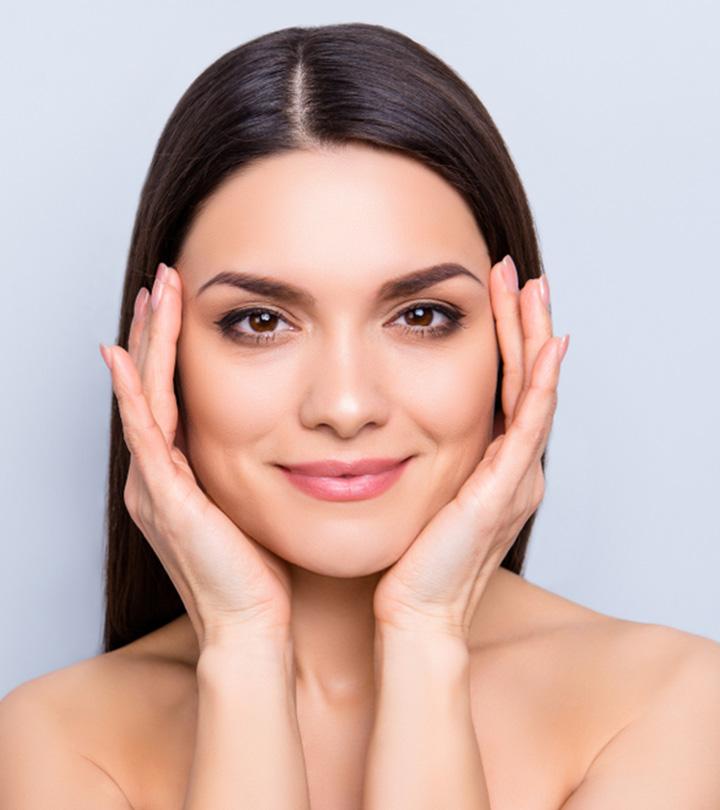
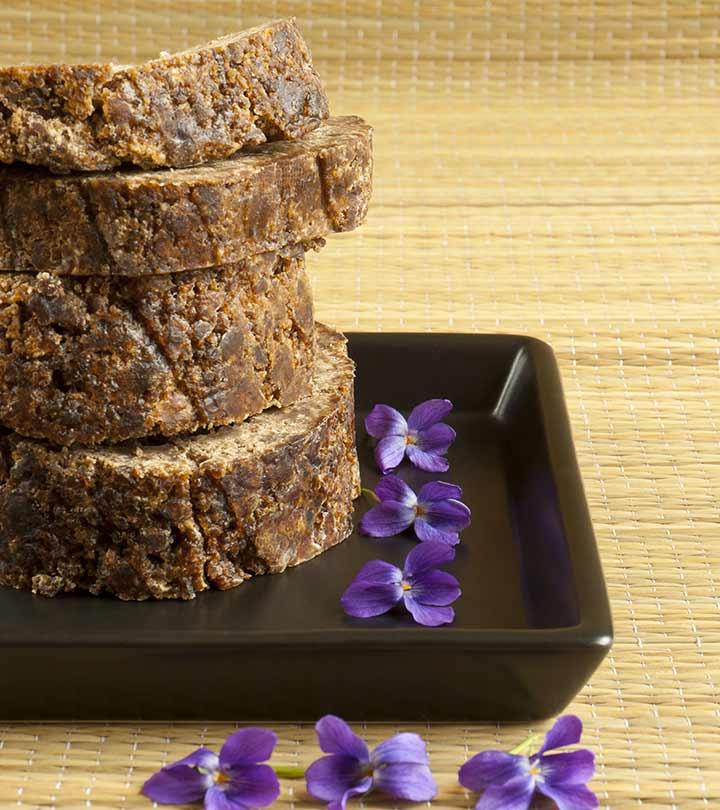
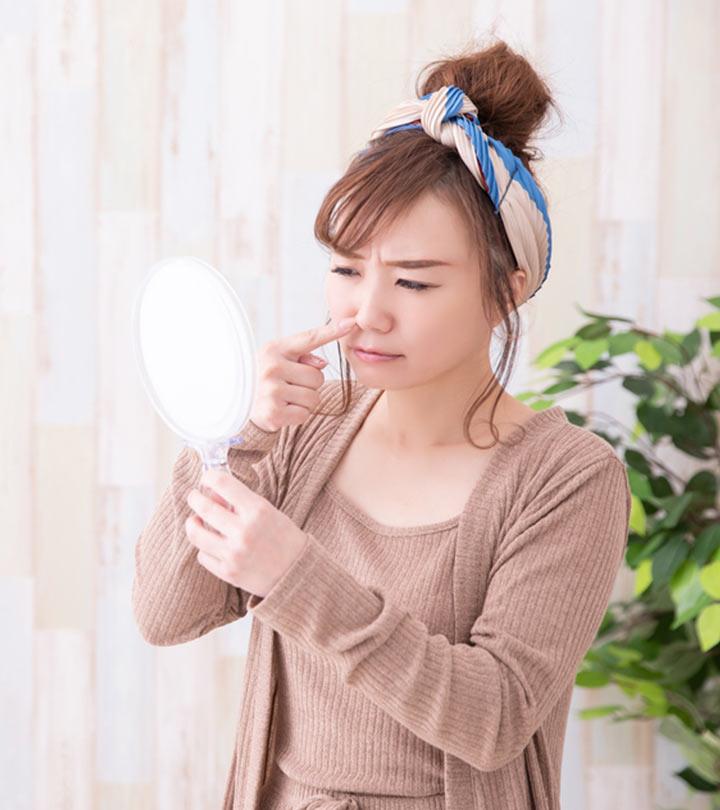
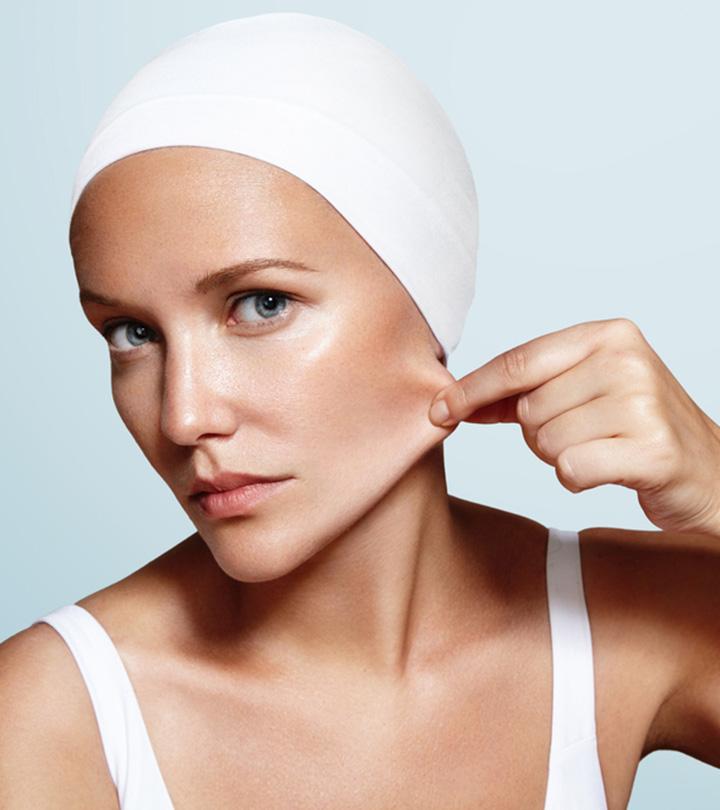
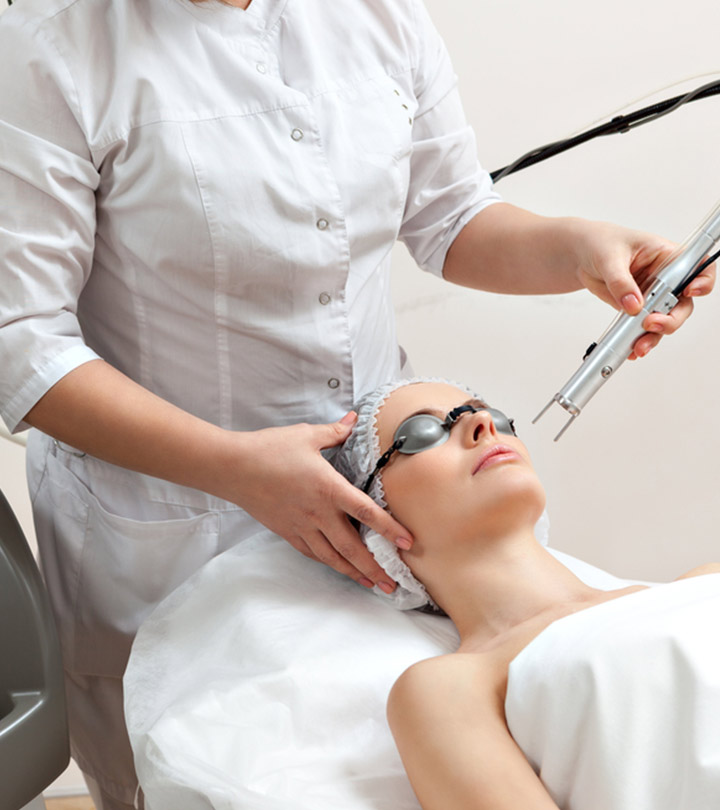
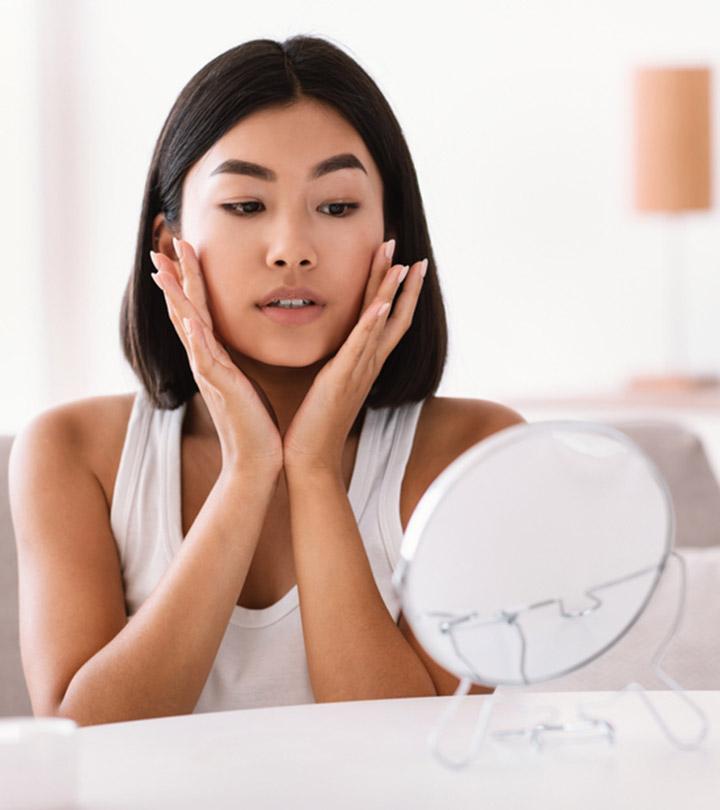



Community Experiences
Join the conversation and become a part of our empowering community! Share your stories, experiences, and insights to connect with other beauty, lifestyle, and health enthusiasts.